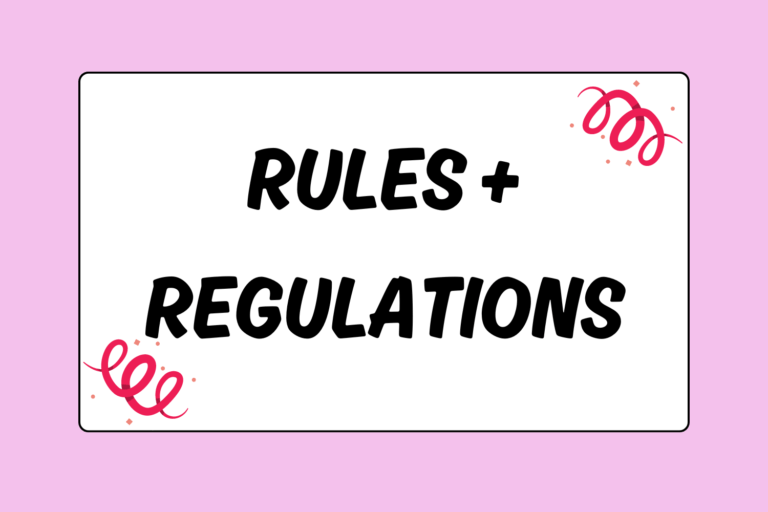Perhaps you were a gymnast and now want to see what the sport is like from the coach’s perspective. Maybe you don’t have any prior experience in gymnastics, but you’re interested in learning more. Regardless of your experience level, working as a gymnastics coach can be enjoyable and rewarding. The rest of this guide explains how to become a gymnastics coach.
Two Sides to the Coaching Coin
If you were (or are) a gymnast, you’ll already be familiar with skill names and how they should be performed. Depending on your experience, you may know drills and strategies for teaching as well.
If you’ve never been a gymnast, though, you’ll have more work to do. But that doesn’t mean you can’t succeed — the coach of the 2009 World All-Around Champion, Bridget Sloan, had a background in diving rather than gymnastics.
Mentor Matters
Regardless of your gymnastics background, look for a local gym where you’ll be able to work alongside an experienced coach. Just because you may have been a great gymnast doesn’t automatically mean you’ll be able to teach.
Your mentor will have ideas for drills, safety, and class management. You’ll also learn how to spot, or physically assist, gymnasts through skills. This is an excellent way to wet your feet — and learn the skills, if need be — without the responsibility and pressure of taking on the class yourself.
Recreational Romp
When you start coaching at a gym, you’ll most likely work with a recreational, non-competitive class. Recreational classes typically run anywhere from half an hour to two hours, depending on the age and ability of the students. They may meet once or multiple times per week. Here’s what you can expect:
Parent and Me/preschool:
These classes emphasize the most basic skills (forward rolls, walking on the beam, jumping with two feet). They often use obstacle courses constructed out of mats and incorporating the apparatus. There may also be an emphasis on learning colors and numbers through the process of doing gymnastics. In Parent and Me classes, an adult is in the gym with the child.
School-age:
Students in school-age classes may be divided by age, gender, and/or skill level. They range in age from 5 to 18. These classes may feature stations, where each student has a specific area and skill to work on while on an apparatus (i.e. one student practices leaps on the low beam while another works on handstands on the high beam). The coach will “rotate” the children through each station. While preschool classes often use modified equipment, expect the school-age classes to use all equipment (vault table, high beams, high bar, etc.).
Specialty classes:
Your gym may offer a variety of specialty classes, such as tumbling, cheerleading, special needs, Parkour, and more. Depending on the class, these students may spend most of their time on the floor, trampoline, and Tumble Track.
Hot Tip: More than Flips
Maybe you can’t tell a cartwheel from a round-off (yet), but consider what you have to offer. Perhaps you coached another competitive sport and have great ideas for motivation, strength, and conditioning. Maybe you were a dancer and can choreograph routines. Such experiences can be very valuable to a gym.
Team Time
If you’ve been a competitive gymnast, you may be invited to coach the team right away. If you weren’t a competitive gymnast but have an interest in coaching a team, here are some tips:
- Know the rules: Watch competitions, both of the team level your gym offers and of elite gymnasts. Talk to other coaches. Learn how the scoring system works and what judges are looking for. If your gym has a compulsory team, learn the routines.
- Become a member of USA Gymnastics (USAG): As a member, you’ll have access to educational material.
- Become safety certified: By passing USAG’s safety certification exam and subsequent background check, you’ll be cleared by USAG to coach at a competition.
- Up your spotting game: Not only will you need to be familiar with advanced skills, but you’ll also need to know how to spot them. Other coaches and clinics are a good resource for helping you learn how to spot safely and effectively.
Supplemental Strategies
Here are additional ways to educate yourself as a coach:
- Safety first: Certifications in First Aid, CPR, and AED will help prepare you for accidents and unexpected situations in the gym.
- Summer camp: Gymnastics camps around the country offer workshops for coaches. Camps are a great place for learning new teaching and spotting techniques.
- Seek feedback: Ask your mentor for an evaluation of your performance. Find out what you’re doing well and what you need to improve upon.
Get Going
As you begin your journey to become a gymnastics coach, it’s wise to work with a mentor who can teach you the basic skills, drills, and ways of the gym. Eventually you’ll be able to take on your own recreational class and, perhaps, the competitive team. As a coach, you’ll need energy, creativity, and the willingness to keep learning, no matter how much you already know.





